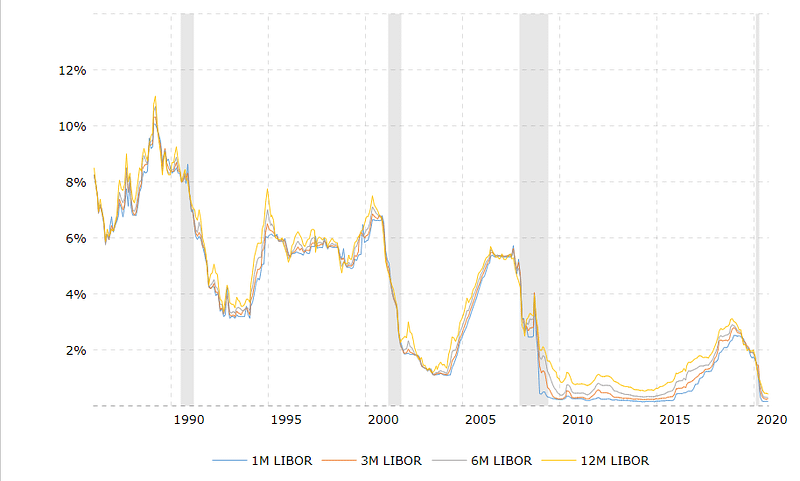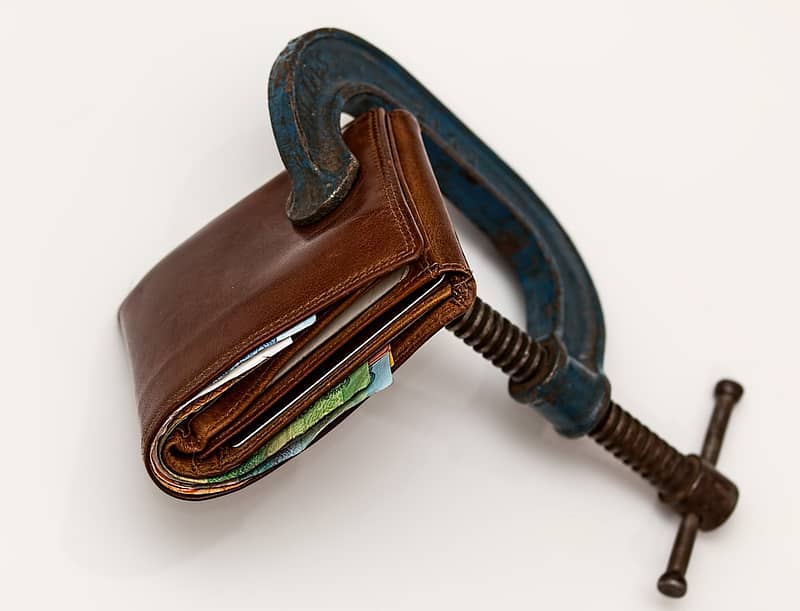Debt
Debt is an obligation or liability to pay money to another person or organization.
It may be incurred for a variety of reasons, including to finance a purchase, to continue a business operation, or for personal reasons. Common types of debt include unpaid credit card balances, mortgages, student loans, and business loans.
People may be reluctant to discuss debt openly because it is often seen as a sign of financial difficulty. However, debt is a common financial experience, and it is important to understand how to manage it in a responsible way.
Some types of debt, such as mortgage, can be beneficial because they can help you build equity in your home. Other types, such as credit card debt, can be more harmful because of the high interest rates.
How to Manage Debt
There are many resources available to help people understand and manage their debt. Financial institutions and nonprofit organizations can help.
Tips for managing debt:
- Create a budget and stick to it
- Make a plan to pay off loans
- Communicate with lenders about payment options
- Consider consolidation or refinancing
- Keep track of payments and credit report
- Seek professional help if necessary
The Consequences of Not Paying Debt
If you do not pay your debt, you may damage your credit score. This can make it difficult to get loans in the future. You may also have to pay late fees and other penalties. In some cases, you may even be sued.
How Consolidation Can Help You
If you cannot pay your debt, you should contact your creditors as soon as possible. Let them know what is going on and try to work out a payment plan. If you are having trouble making payments, you may want to consider debt consolidation. This can help you to make one monthly payment that is lower than the total of your individual payments.
Debt consolidation is when you take out a new loan to pay off multiple debts. This can help you to make lower monthly payments and may even help you to get a lower interest rate.
There are both pros and cons to consolidation. Some of the pros include lower monthly payments and a lower immediate interest rate. Some of the cons include the fact that you may end up paying more in interest over time and you may have to put up collateral for the loan.

Ipsos Poll: Canadians Are Less Than $200 From Hardship, Implications For The Economy And Strategies To Tackle Debt, Explained
The recent Ipsos poll conducted on behalf of MNP Ltd. paints a worrisome picture of the financial health of Canadian households. With more than half of Canadians indicating that they are only $200 or less away from not being able to make ends meet, the implications for the economy are far-reaching. This article delves into

Unveiling The Historical Norm: Preparing For A Return To Higher Interest Rates In Canada
Canada experienced an unprecedented period of historically low interest rates from 2009 to 2020. However, as we move into an era of rate hikes after rate hikes, it is important to recognize that this low interest rate environment was actually an outlier and to prepare for the future. This analysis aims to shed light on

Navigating Canada’s Rising Interest Rates: 9 Strategies to Eliminate Debt
In the wake of the Bank of Canada’s recent decision to raise interest rates to 4.75%, Canadians find themselves facing a new, harsher financial reality. With higher costs associated with borrowing money, it becomes very important for individuals to prioritize debt reduction strategies. The following article will provide you with actionable tips and insights on

7 Tips To Rebuild Your Credit In Canada
As a Canadian, you know that your credit score is an incredibly important aspect of your financial health. It can affect everything from your ability to get a loan or mortgage, to the interest rates you’ll pay on those loans. If you have a low credit score, it can feel like you’re stuck in a

Should You Pay Your Debts Or Invest Money?
It’s a common question many people face: should I pay off my debt or invest my money? The answer isn’t always straightforward, and it ultimately depends on your individual financial situation. In this blog post, we’ll explore the pros and cons of both paying off debt and investing. We will also provide some guidance on

4 Easy Tips To Help You Live Within Your Means
You may be living beyond your means if you are using credit cards to pay for regular expenses, if you’re unable to save money each month, or if you’re constantly borrowing money from friends or family. If any of these apply to you, there are a few things you can improve short term. To be
